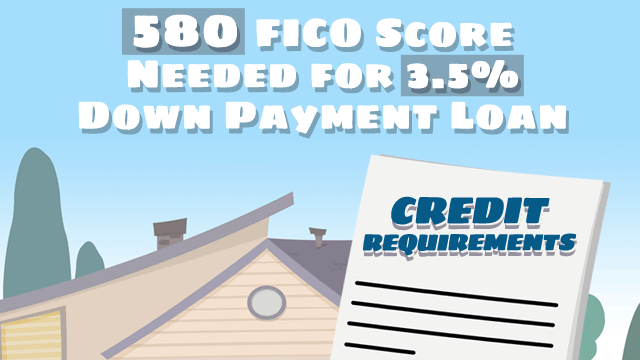FHA Loan Basics: Acceptable Property Types
December 11, 2024
Eligible Homes
FHA loans are primarily intended for primary residences—homes that borrowers will occupy as their main dwelling. This includes single-family homes, townhouses, and even multi-unit properties like duplexes or triplexes, provided the borrower lives in one of the units.
Condominiums can also be eligible, but the project must be FHA-approved or added to the approved list. It must also meet specific owner-occupancy rates, financial reserves, and insurance coverage standards.
In some cases, a condo unit may be approved for an FHA loan even without being on that list. Ask your lender about this option.
Manufactured homes can also qualify but must adhere to HUD Code manufacturing standards and be permanently attached to a foundation.
However, certain property types are not eligible for FHA financing.
No Investment Properties
Investment properties purchased solely for rental income, vacation homes, and commercial properties are not eligible for FHA financing.
Additionally, properties in disrepair may not qualify for an FHA purchase loan unless the necessary repairs are completed before closing. Such properties may qualify for an FHA rehabilitation mortgage, and this is an option worth considering.
Standard FHA loans are not designed for extensive renovations. The FHA 203(k) loan offers a solution for purchasing and rehabilitating a fixer-upper. This program has specific guidelines regarding eligible repairs and cost limitations.
There’s No One-Size-Fits-All FHA Mortgage
It's important to recognize that FHA loans for different property types have unique requirements. For example, condominium projects undergo a more rigorous approval process, including a review of the project's financial documents and governing rules.
Manufactured homes must meet specific construction and safety standards, and depending on the circumstances, there may be restrictions on financing homes located on leased land.
Understanding the nuances of FHA loans and eligible property types is crucial for prospective homebuyers.
It is always recommended that you consult with an FHA-approved lender to discuss your individual circumstances and find the most suitable loan program for your needs.

FHA Loan Articles
September 8, 2023Borrowers considering an FHA loan should be familiar with some basic loan terminology. These loans are popular among first-time homebuyers and those with lower credit scores because they often offer more flexible eligibility requirements and lower down payment options.
September 2, 2023You may have heard the terms co-borrower and cosigner in connection with your FHA loan process, but aren't sure about the distinction. Both a co-borrower and a cosigner can help a primary borrower qualify for a mortgage, but they have different roles and responsibilities.
August 27, 2023The Federal Housing Administration has specific credit requirements and guidelines for borrowers looking to buy or refinance homes with an FHA loan. In addition to what FHA guidelines state, lenders may have more stringent requirements that may vary from one lender to another.
August 23, 2023Mortgage APR (Annual Percentage Rate) and a loan's interest rate are two different things, although they are closely related. Understanding the difference is an important part of a borrower's analysis of the true cost of their mortgage.
August 19, 2023FHA refinance loans allow homeowners with existing FHA loans to refinance their mortgages. These loans are designed to help borrowers take advantage of lower interest rates, reduce their monthly mortgage payments, or access equity in their homes for various purposes.







